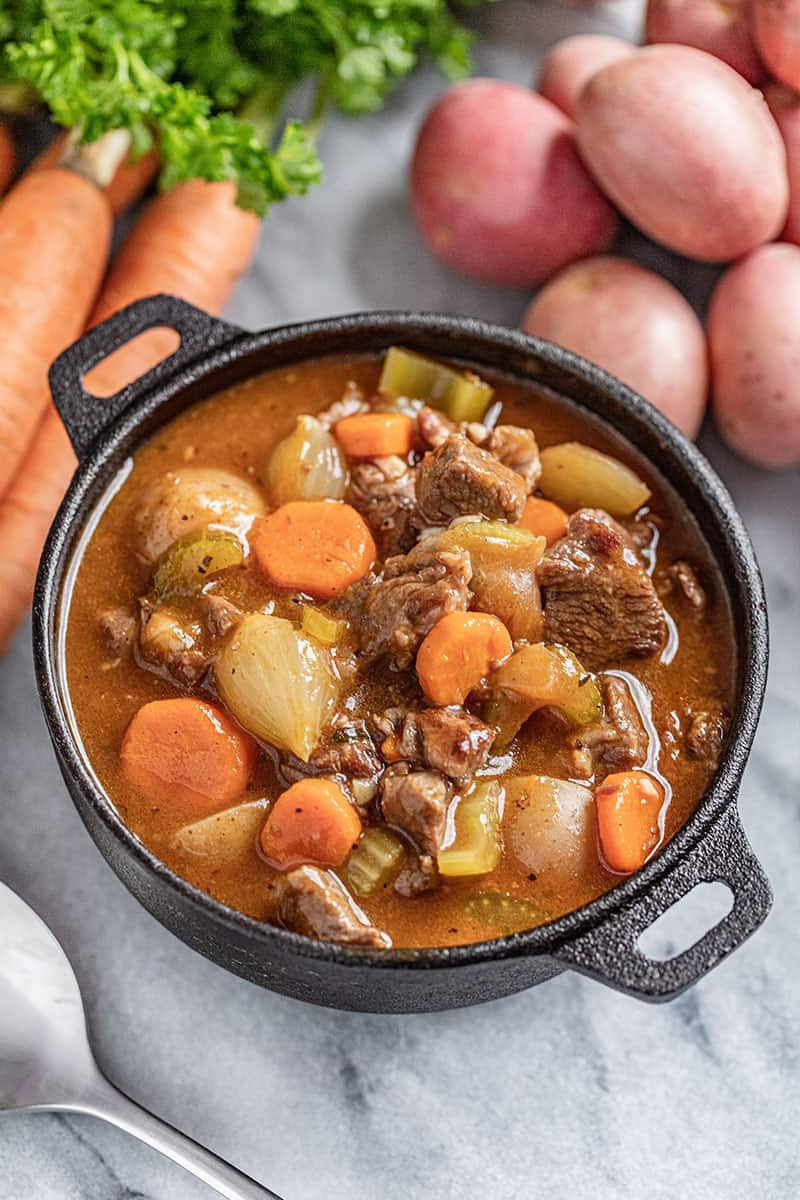Life as Stew: Managing the Ingredients of Stress
It’s often said that the secret to good writing is to start with what you know. And here’s what I know: as we live and breathe, life is like a pot of stew. Some stews are hearty and rich, while others are thin and lacking in flavor. Maybe your stew is made in a steel pot on a gas stove, or perhaps it simmers gently in a clay pot over an electric range. No matter the pot or the heat, life, like stew, is shaped by what we put into it.
In moments when we find ourselves defending our life—our choices, circumstances, and luck—it often feels like we’re not defending them to others but to ourselves. As we reflect on these moments, we might ask: Is my stew spicy or bland? Bitter or sweet? Simple or overly complicated?
Now, I’m no chef—in fact, I don’t cook at all—but I do know a few things about stew. And I think these principles can help us understand life a little better.
First, stew is meant to be slow-cooked. It simmers and evolves over time, much like our own life experiences. Sometimes, the heat is turned up, and we boil over with anger or passion. Other times, the heat is low, and we are left to reflect and ruminate. Life’s challenges and joys come in waves, just as the stew thickens and flavors deepen over time.
Second, the flavor of stew changes as it cooks. Every ingredient—a bay leaf, a sprig of thyme, or a chance encounter—can make a significant impact. Just as a stew tastes different at various stages, our life experiences shape us in ways we might not notice until much later.
And third, every stew needs a thickener. Without it, the stew remains watery and lacks substance. In life, the metaphorical thickeness is our health and well-being. A rich stew is like a body in balance, where everything flows smoothly. But what happens when we add too much thickener?
The Problem of Too Much “Cornstarch”
When we add too much thickener to a stew, it becomes dense and heavy, losing its fluidity. In our metaphor, the thickener represents stress. A pinch of cornstarch here and there might seem harmless, but over time, these pinches accumulate. Stress begins to harden us—physically, emotionally, and mentally. It manifests in many ways: dry, irritated skin, heart disease, and even our relationships and attitudes.
The problem with stress is that it’s often added without our conscious awareness. Every time we dwell on negative thoughts—”My co-worker frustrates me,” “I can’t believe I did that,” “Why is this happening to me?”—we add another pinch of stress to our life stew. And it’s not just a one-time event. Each repetition adds more thickener, making our life stew less nourishing and more burdensome.
Is There Hope for the Stew?
Fortunately, there’s hope. Just as a chef can add liquid to a stew to keep it from becoming too thick, we too can balance the effects of stress. Our bodies have an incredible capacity for healing, given time and care. While it may take years for cells to regenerate and for us to fully recover from stress, we can begin to reduce the rate at which we add thickener to our stew.
The key lies in mindful living. By forgiving others, forgiving ourselves, breathing deeply, and loving fiercely, we can begin to lighten the load. When we savor each moment, step out of fear, and exist with intention, we allow the stew of our life to simmer gently without thickening into something unmanageable.
In the end, the secret to a balanced life stew is not avoiding stress entirely but learning how to manage the heat. By paying attention to what we’re adding to the pot and making adjustments along the way, we can ensure that our stew stays rich, nourishing, and full of flavor.


I love the message, very powerful stuff. As a person who formerly added way too much cornstarch to my own stew, it’s nice to know that there is still hope over the horizon and that my stew can once again be fluid and full of flavor.
Simply genius! I love the analogy and I love that you give us an answer.